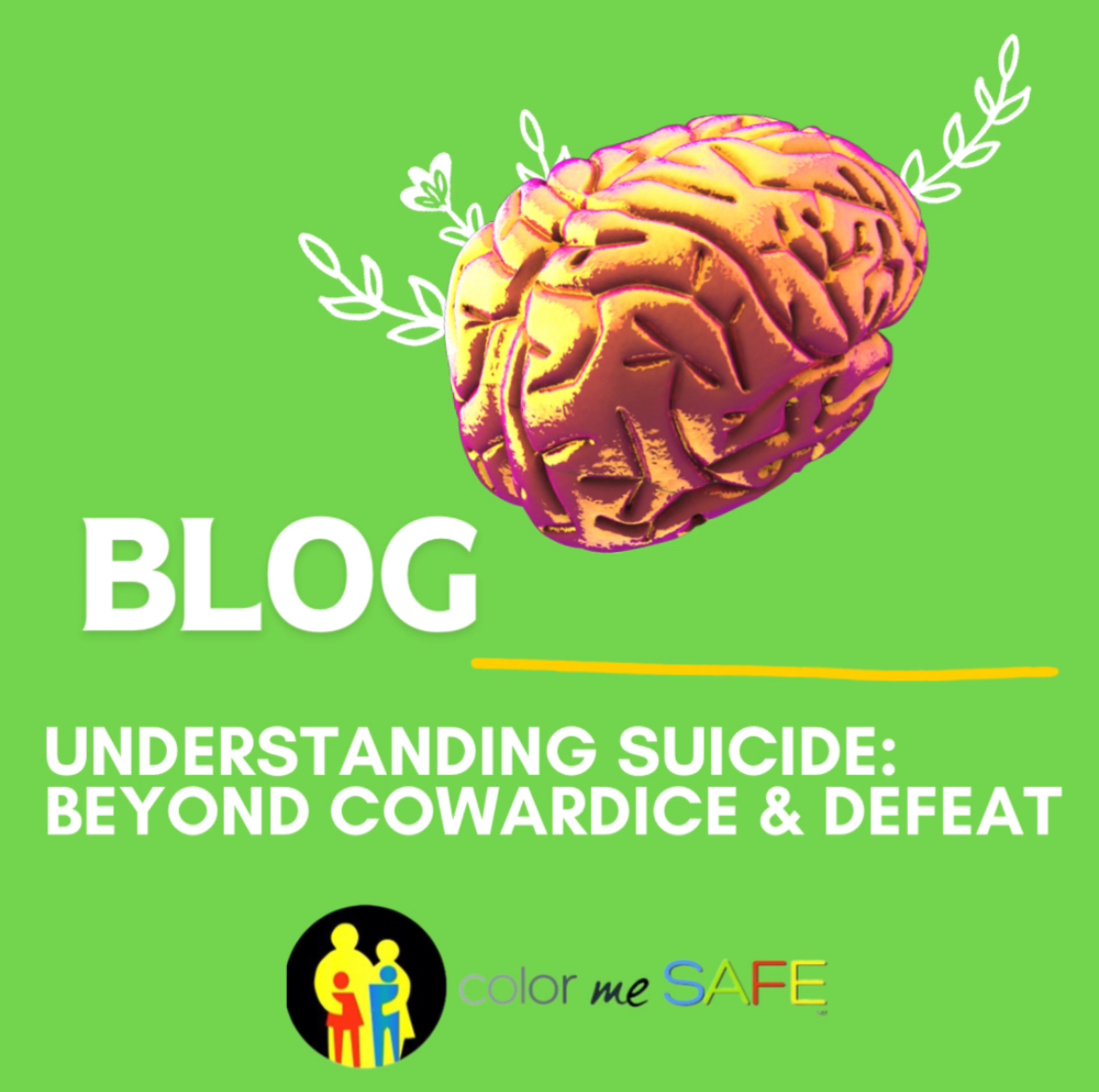Defeat is the most prevalent topic when the word ‘suicide’ comes up. People love to make this discussion easy by saying it is a cowardly thing to do, but they do not understand what led up to this decision. The feeling of failure surrounded by constant pressure and discouragement can cause many people to take their own lives. To be shown love from people they care about but still not have a good enough support system can trigger helplessness. The feeling of not wanting to let others down and be a burden leads people to the end of their lives.
Mental health is a very taboo subject in many cultures, and the denial of it has caused so much damage to various communities of people. It is a subject that is not appropriately discussed enough. Often, words like “mental” and “crazy” are used playfully. People have been so desensitized to those words, and to seek psychological help is seen as an embarrassment. The pressures of life and whatever else comes with it take up too much space in people’s minds. Seeking professional help is a choice one needs to make for oneself, but unfortunately, when it is necessary at such a young age, going to a legal guardian for assistance often does more harm than good. They preach acknowledgment and therapy regarding this subject, but only if the subject is about someone else’s kid. They couldn’t bear such news about their own child.
Showing any kind of heartfelt emotion is considered to be weak. But how do they not understand that anger is also a prevalent emotion? Anger is the most physically and mentally destructive emotion that could exist because it is the last in line. It arrives when pain and sorrow are not allowed to be let out, that is when the rage shows itself. It could be towards someone else, something, or the person themselves.
The relationship between academic pressure and suicide has been documented and researched for decades, and it is linear. Whether it comes from the competitiveness of the child or parent, fear, or any other reason, it can be a toxic practice for students exposed to an environment where their level of success and productivity stems from numbers. The result of death often feels more comforting than the feeling of failure.
The biggest way to tackle this issue is to get the people in these individuals’ lies to feel more responsible for their mental health. Teachers, parents, supervisors, etc. should feel this way. They do wish for their well-being so they must be equally responsible for it. It is important to create a system and space where people feel safe enough to approach help as a means of guidance, and not as an obstacle in their life. The stigma around getting help needs to be broken so people can stop taking their lives. These figures of authority often provide support in ways that contribute to the system they run, but the components of the system are the people who are a part of it, and that should always come first.

